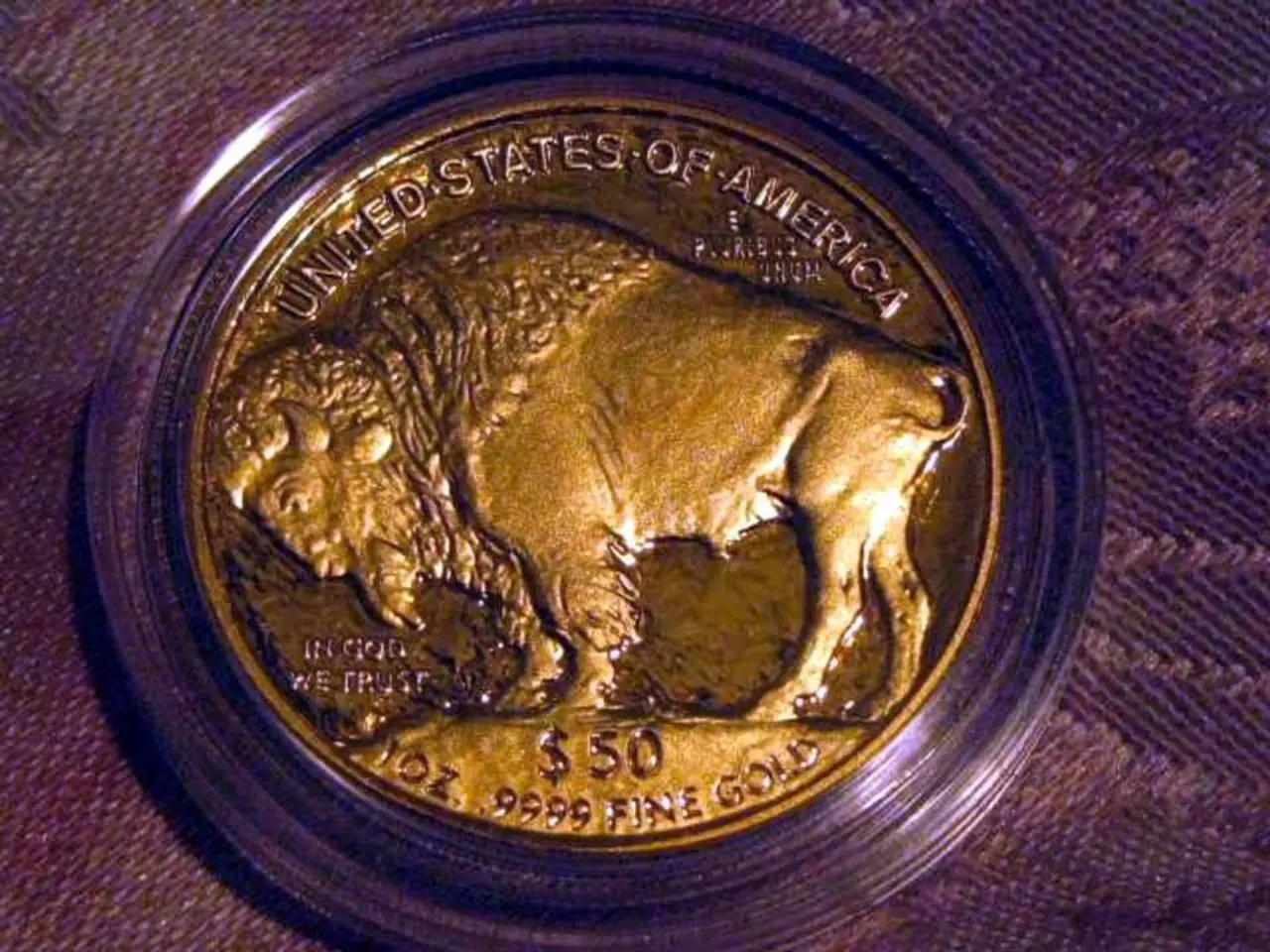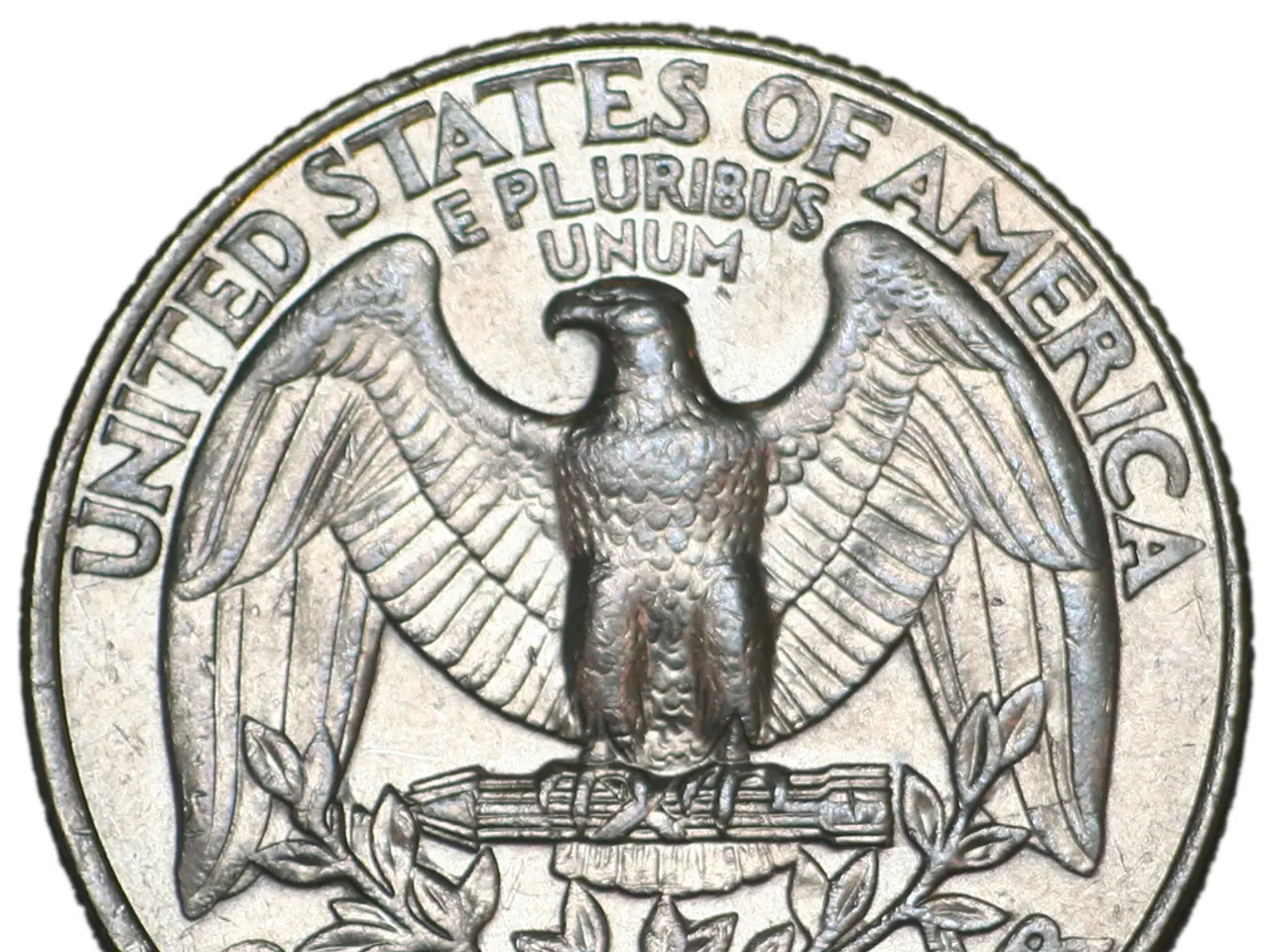Digital currency assets XRP, along with other tokens, will be recognized for transactions by US merchants through PayPal.
PayPal's cryptocurrency acceptance and international payment features have evolved significantly, culminating in the July 2025 launch of a new "Pay With Crypto" option that allows U.S. merchants to accept over 100 cryptocurrencies, including major coins like Bitcoin and Ethereum, stablecoins (USDT, USDC), and even niche memecoins.
A Brief History
- 2020: PayPal enabled U.S. users to buy, sell, and hold cryptocurrencies.
- 2021: Expanded crypto capabilities to Venmo.
- 2023: Launched its stablecoin PYUSD and resumed crypto initiatives after a market downturn.
- 2025: Rolled out merchant feature accepting 100+ cryptos, converting payments instantly into PYUSD and then into U.S. dollars to mitigate volatility risk.
Key Advantages
- Wide Crypto Acceptance: With over 100 cryptocurrencies accepted, merchants and customers benefit from broad payment flexibility.
- Lower Transaction Fees: PayPal charges a promotional fee of 0.99% for the first year, increasing to 1.5% thereafter, which is below the average credit card fee (1.57%).
- Volatility Protection: PayPal converts crypto payments to its stablecoin PYUSD, then to fiat, removing exposure to crypto price swings for merchants.
- Integration with Major Wallets and Exchanges: PayPal's integration with wallets like MetaMask, Coinbase, Binance, etc., broadens user convenience and accessibility.
- Near-Instant Settlement and Smooth Cross-Border Transaction Processing: Facilitates international commerce with crypto, addressing a common traditional cross-border payment bottleneck.
Limitations
- Geographical Restrictions: Currently, the feature is only available to U.S.-based merchants, excluding New York, limiting global reach for merchant adoption.
- Conversion Process: Merchants ultimately receive fiat currency, limiting direct hold/use of crypto assets if desired.
- Potential Future Cost Increases: Although competitive, transaction fees may rise after the promotional period; future pricing could affect merchant costs.
- Limited International Expansion: Acceptance and usage outside the U.S. remain limited, so international expansion is still in progress.
In summary, PayPal has progressively integrated cryptocurrency into its payments ecosystem, culminating in a comprehensive merchant crypto acceptance platform with compelling cost and operational benefits. However, its international functionality is still maturing, and merchant crypto payment remains constrained by regional availability and fiat conversion requirements.
- The launch of PayPal's "Pay With Crypto" option in July 2025 has tokenized the crypto market, enabling over 100 cryptocurrencies like Bitcoin, Ethereum, and various stablecoins to be used for international payments, showcasing the junction of finance and technology.
- As technology advances, the wallet option for users to buy, sell, and hold cryptocurrencies within PayPal, first introduced in 2020, has become a stepping stone for a potential bull run in the crypto market.
- PayPal's decision to resume its crypto initiatives after a market downturn in 2023 and the subsequent launch of the stablecoin PYUSD demonstrates adaptability in a volatile crypto market, promoting stability and long-term growth.
- The ability to integrate PayPal with major wallets and exchanges like MetaMask, Coinbase, Binance, opens up opportunities for crypto users to streamline their finance management while still benefiting from the convenience of crypto transactions.




